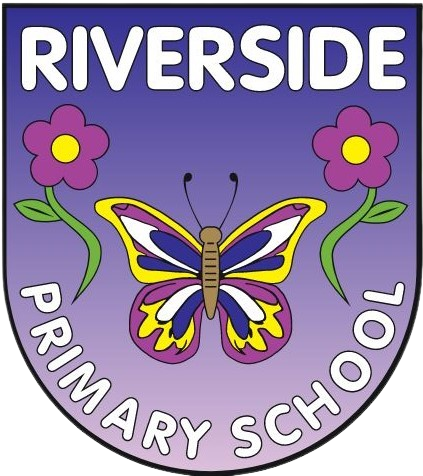Year 2
Health and Wellbeing
* To recognise different types of teasing and bullying, to understand that these are wrong and unacceptable.
* To understand what constitutes, and how to maintain, a healthy lifestyle including the benefits of physical activity, healthy eating and dental health.
* To learn how to make real, informed choices that improve their physical and emotional health, to recognise that choices can have good and not so good consequences
* To understand how some diseases are spread and can be controlled; the responsibilities they have for their own health and that of others; to develop simple skills to help prevent diseases spreading.
Sensitive issue – disabilities.
Relationships
* To identify their special people (friends, family, carers) what makes them special and how special people should care for one another. * To recognise that their behaviour can affect other people.
* To recognise different types of teasing and bullying, to understand that these are wrong and unacceptable.
* To recognise what is fair and unfair, kind and unkind, what is right and wrong.
* To recognise when people are being unkind either to them or others, how to respond, who to tell and what to say.
* To understand that people’s bodies and feelings can be hurt (including what makes them feel comfortable and uncomfortable).
* To listen to other people and play and work cooperatively (including strategies to resolve simple arguments through negotiation) to recognise that their behaviour can affect other people.
Sensitive issue – Death of a relative.
Living in the Wider World
* To know what is meant by ‘privacy’; their right to keep things ‘private’; the importance of respecting others’ privacy.
* To know the difference between secrets and nice surprises (that everyone will find out about eventually) and the importance of not keeping any secret that makes them feel uncomfortable, anxious or afraid.
* To recognise that they share a responsibility for keeping themselves and others safe, when to say, ‘yes’, ‘no’, ‘I’ll ask’ and ‘I’ll tell’ (how to respond safely and appropriately to adults they may encounter (in all contexts, including online) whom they do not know.
* To know about people who look after them, their family networks, who to go to if they are worried and how to attract their attention.
* To know the ‘special people’ who work in their community and who are responsible for looking after them and protecting them; how people contact those special people when they need their help, including dialling 999 in an emergency.
Sensitive issue – Pants Rule NSPCC.
